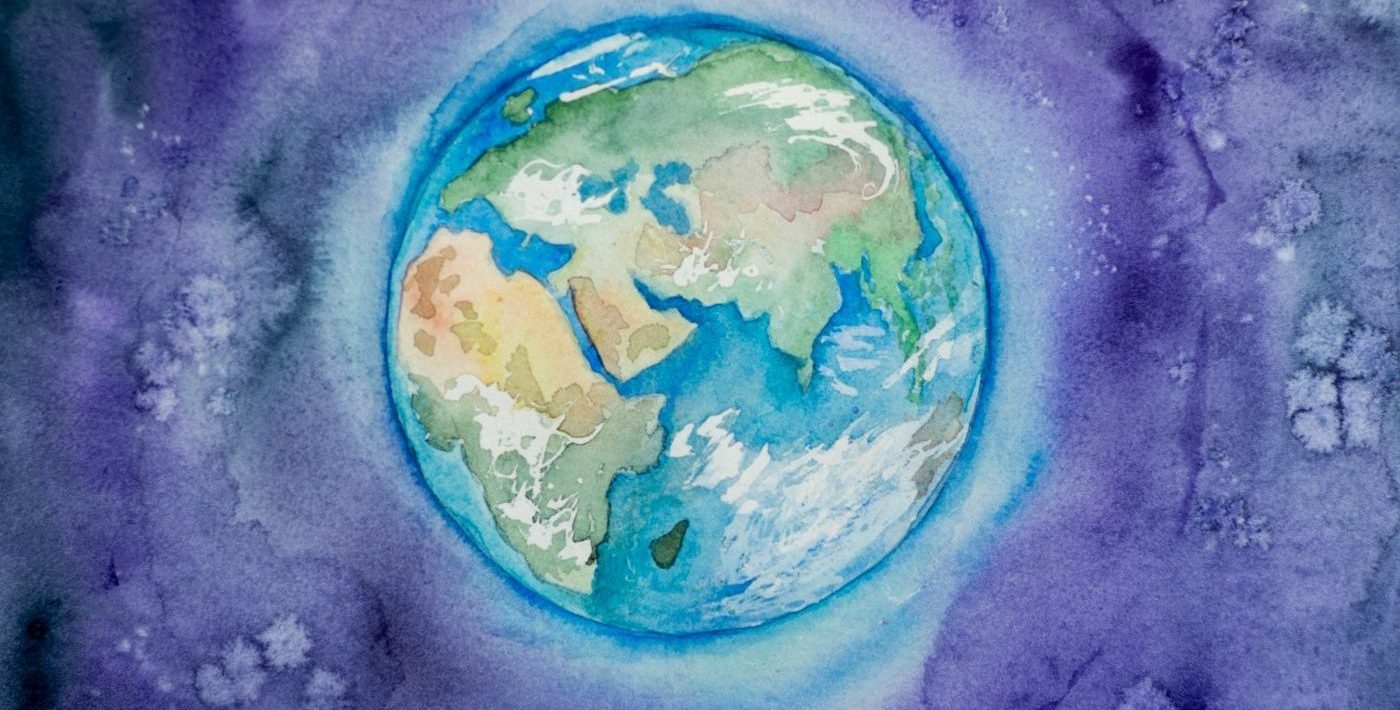Normalising catastrophe – the emergence of ‘disaster subculture’ from climate change
In the first instance, you would expect that those suffering from the effects of climate change would be the ones most involved in seeking its prevention. However, what most would not expect, is the growth in apathy amongst those that the effects of climate change are hitting, and arguably will continue to hit.
These are the findings of a recent study by the University of Kansas, authored by Joonmo Kang, an assistant professor of social welfare. Kang’s study involved spending a year living in a neighbourhood of Seoul, known for its status of extreme poverty, and interviewing residents who routinely live through periods of extreme heat and cold. Central to the findings was what Kang terms an indifference towards extreme heat and climate change. Many residents expressed the view that “every day is a disaster” and within all of this, Kang noted the emergence of a new “disaster subculture” within the settlement.
If we normalise in order to cope, does this limit our ability to seriously recognise and realise the genuine threat of climate change?
Disaster subculture is a concept developed in the 1960s and 1970s by sociologists and refers, in particular, to a set of shared attitudes and practices that develop within a group of people that regularly face natural disasters. This subculture acts as a form of coping mechanism for environmental issues, largely through normalising issues so they present less of a psychological threat to people. However, this normalisation presents an issue. If we normalise in order to cope, does this limit our ability to seriously recognise and realise the genuine threat of climate change?
I believe this poses a significant threat to how we challenge climate issues. If we become desensitised to our own climate reality, this can cause two dangerous consequences. The first is a political consequence. If as citizens we become normalised to climate disaster, this merely serves to exacerbate the climate scepticism already present within the UK political system. A lack of pressure on politicians to make effective environmental policy will inevitably cause more damage to the environment, harming all of our futures. Secondly, if we are normalised to climate disaster, we face key challenges when trying to deal with environmental issues. It may become even harder, in particular for action groups and organisations, who rely on people’s support, to gain enough traction to make change.
Reports into climate change must be an active statement for action and not just a passive recollection or recommendation
However, there is possibly another way to read this, seeking to understand how these attitudes may be useful in regard to climate strategy. Many argue that we can learn valuable lessons from Kang’s study, in particular around the role of agency within facing climate issues. I have written before about the need for agency within understanding and approaching the crisis of climate change. I argue that we can learn a lot from these communities, both within Seoul, and across the world. We can learn how they seek to rationalise and cope with the issues of climate change and extreme weather. By understanding and engaging with the lived experiences of those facing these issues, policymakers can seek to formulate more appropriate and effective strategies.
So, if we can take anything away from this study, it is that reports into climate change must be an active statement for action and not just a passive recollection or recommendation. Kang argues that those who live these experiences know best, and we must listen to them. Apathy is an issue that is slowly creeping its way into a collective psyche shaped by economic turmoil and various other issues. In recent months, the threat of climate change has often been downplayed, to focus on other stories. However doing this merely serves to give power to the climate sceptics. Whilst the emergence of a disaster subculture may hint at a growing apathy towards any effective climate solutions, I argue this reaction is a call for help. It is those suffering extreme weather conditions demonstrating a resilience to the issues they face, whilst simultaneously searching for more permanent solutions, solutions that must be provided soon.

Comments